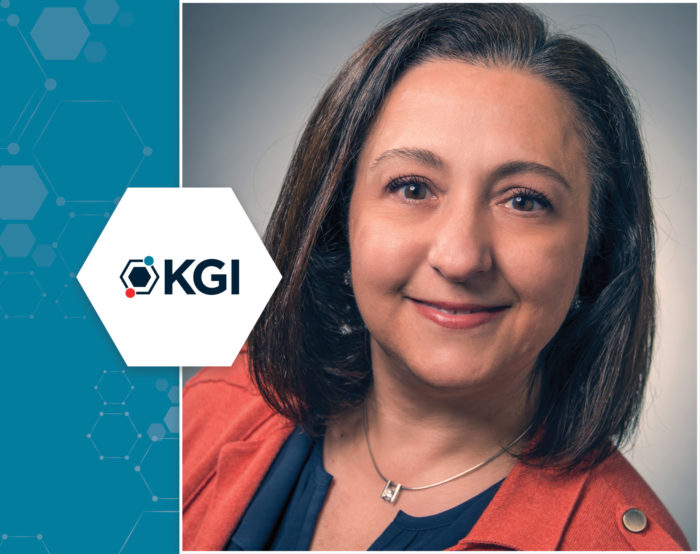This article first appeared on pharmacist.com on July 10, 2020.
For pharmacists, the toll on patients’ mental health has been a shapeshifting experience.
Deemed essential businesses, patients have been coming into pharmacies during the COVID-19 pandemic. A May survey from Alliance of Community Health Plan found that 49% of respondents said they felt “very comfortable” picking up prescriptions at their pharmacy and speaking with a pharmacist. A lack of access to physicians during this time has also led patients to rely more on their pharmacist.
“People are calling and wanting information,” said Clark Bishop, PharmD, a partner and pharmacist manager at Hutton Pharmacy in Blackwell, OK.
Clark has noticed elevated levels of anxiety in patients. He said one of the best things they’ve been able to do is manage patients’ fear by providing accurate information and being an honest, reliable voice of reason.
Talia Puzantian, PharmD, BCPP, professor of clinical sciences at Keck Graduate Institute in Claremont, CA, said she tells pharmacists and student pharmacists that worry and anxiety are typical reactions to these circumstances. The key is understanding when a patient’s anxiety is normal and when it requires a referral. If anxiety is preventing a patient from doing essential duties, such as taking care of loved ones or oneself, a referral is likely necessary, Puzantian said.
Puzantian has been training pharmacists all over the country in Mental Health First Aid. She said this training technique raises awareness, reduces stigma, and gives pharmacists the vocabulary and confidence to help.
To read the complete article, visit pharmacist.com.
